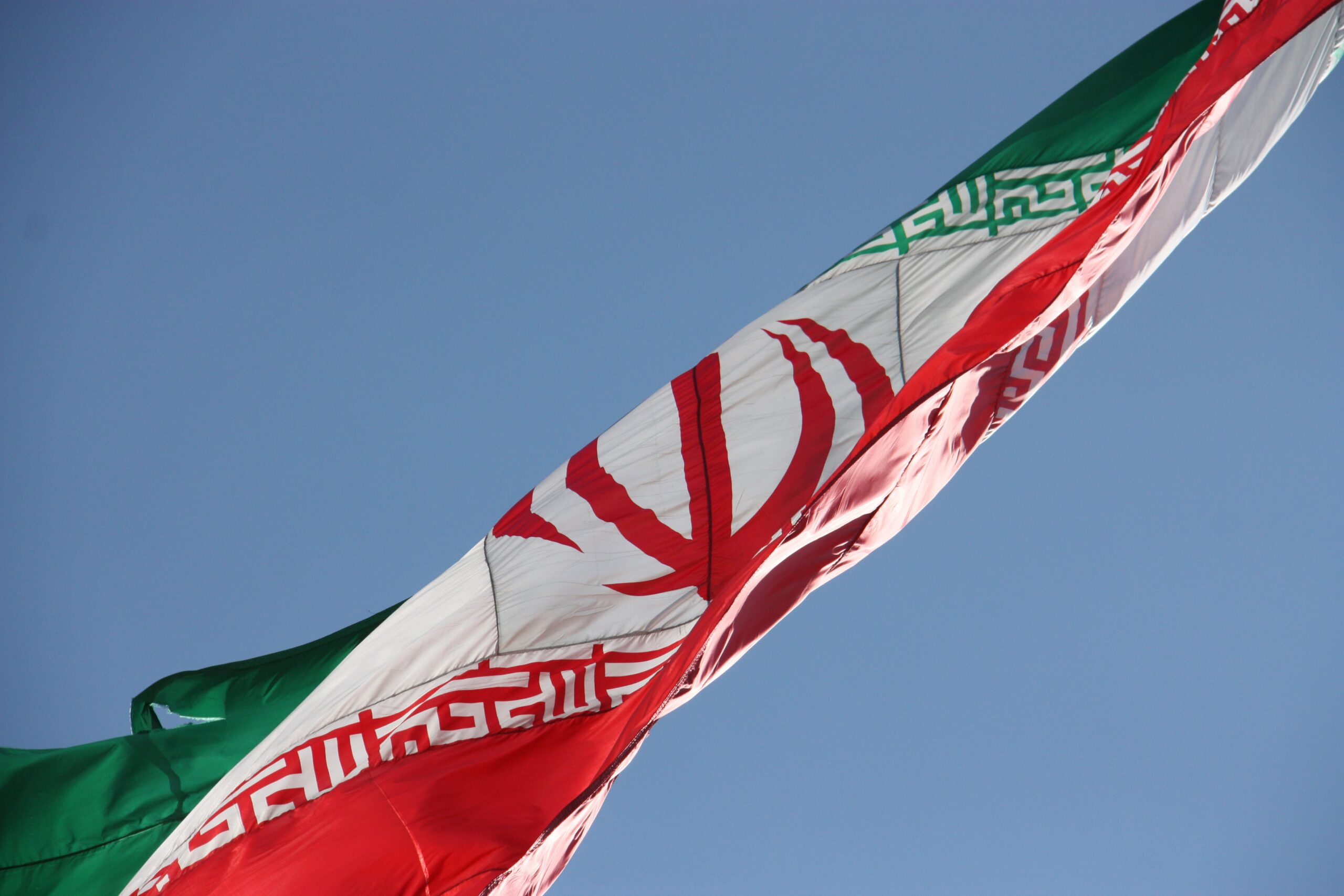All about Alireza Akbari, the deputy minister executed in Iran on espionage charges

The execution of Alireza Akbari plays a very important role in Iran's internal politics: here's why. Giuseppe Gagliano's point
Iran announced on Saturday one of the most high-profile executions in its recent history , involving Alireza Akbari, the Islamic Republic's deputy defense minister in the 2000s. Akbari, 61, a dual Iranian-British citizen, was executed by hanging.
WHO WAS AKBARI
As a government official, Akbari was linked to Iranian reformists, who were especially prominent in the early 2000s during the presidency of Mohammad Khatami. He was Deputy Minister of Defense under Defense Minister Ali Shamkhani (1997-2005), a two-star general. General Shamkhani an Iranian Arab, currently chairs Iran's Supreme National Security Council. He is among the few reformists who remain in positions of power in Iran today.
Akbari's mandate was interrupted in 2005, when Khatami was succeeded in the presidency by Mahmoud Ahmadinejad, who brought about radical changes in government administration. After being briefly arrested by pro-Ahmadinejads, he moved to the UK in 2008 and set up a small but reputable think tank.
“OPERATION OF DECEPTION”
He had acquired British citizenship in 2019 and was active in Iranian politics. But that year he was invited to visit Iran by a "senior Iranian diplomat," ostensibly to assist in negotiations with Western powers over Iran's nuclear program. Having previously helped in international negotiations leading to the conclusion of the Iran-Iraq war in the late 1980s, Akbari agreed to travel to Tehran.
However, the invitation was part of what the Iranians later described as a "deception operation", which marked the culmination of a "long and multi-layered process involving counterintelligence".
THE ACCUSATIONS OF THE IRANIAN REGIME
He was last seen in public when he was arrested at Imam Khomeini International Airport in Tehran. Iranian prosecutors later described Akbari as a "key spy" for Britain's secret intelligence service (MI6). In that role, they said, Akbari provided information to MI6 on nearly 200 Iranian officials, for which he was paid more than $2 million in various currencies.
Iranian prosecutors also accused Akbari of feeding opposing intelligence services with information that helped plan Dr. Mohsen Fakhrizadeh. Dr. Fakhrizadeh was an Iranian nuclear physicist assassinated in 2020 in a suburb of Tehran, with the use of a mobile robotic device armed with a machine gun.
Akbari's family, as well as the British government, have strongly rejected Iranian allegations of Akbari's espionage. Last week, the BBC 's Farsi-language service broadcast an audio message from Akbari, in which he said he had endured more than 3,500 hours of interrogation and torture by his captors.
Furthermore, Western Iranian observers and expatriates believe that Akbari's execution plays a major role in internal Iranian politics, as members of the main (conservative) faction are attempting to undermine General Shamkhani's influence in the Supreme National Security Council. There is concern among Akbari's former colleagues that the ongoing power struggle within the country's ruling elites could mean a broadening of the purge campaign against reformist elements.
This is a machine translation from Italian language of a post published on Start Magazine at the URL https://www.startmag.it/mondo/esecuzione-alireza-akbari-iran/ on Tue, 17 Jan 2023 06:12:17 +0000.
